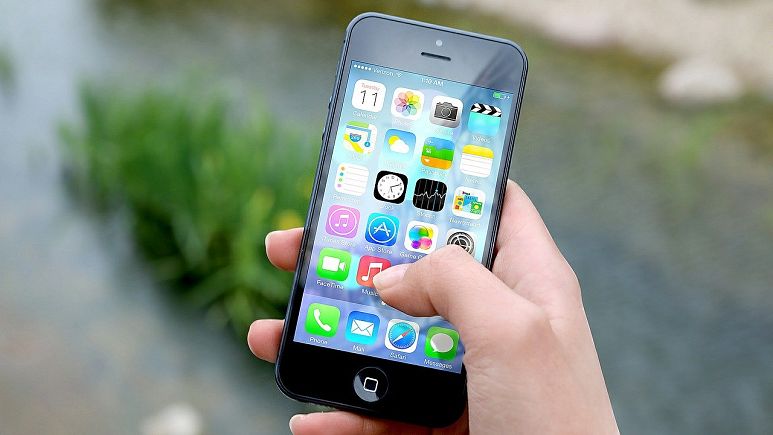
One in four young people have smartphone addiction
by Lauren ChadwickAn average of 23% of children or young people - roughly one in four - have a "problematic" or "dysfunctional" smartphone use, a new research analysis has found.
This smartphone addiction - which includes anxiety when a phone is not available or neglecting activities to spend time on a phone - has a harmful impact on mental health, the analysis revealed.
People with problematic smartphone use had increased depression, anxiety, and stress. They also reported poor sleep.
Researchers reviewed 41 studies published since 2011 that researched a total of 41,871 teenagers and young people from Asia, Europe and America.
"Our review assesses the effects not just of heavy use, but of dysfunctional smartphone use, and by looking at an 'addicted' pattern of behaviour towards smartphones we have established correlations between this type of dysfunctional behaviour and poorer mental health outcomes," said co-senior author Dr Ben Carter from the Institute of Psychiatry, Psychology and Neuroscience at King's College London.
Many problematic users said that they spent most of their time on social networking sites.
Young women between the ages of 17 and 19 were most likely to have a smartphone addiction.
The study authors said that there is a need for public awareness about the prevalence of problematic smartphone usage and mental health.
"Smartphones are here to stay and there is a need to understand the prevalence of problematic smartphone usage," said author Dr Nicola Kalk from King's College London.
"We don't know whether it is the smartphone itself that can be addictive or the apps that people use."
The authors also said that more research into the topic is needed to determine the potential impact on future generations' mental health.